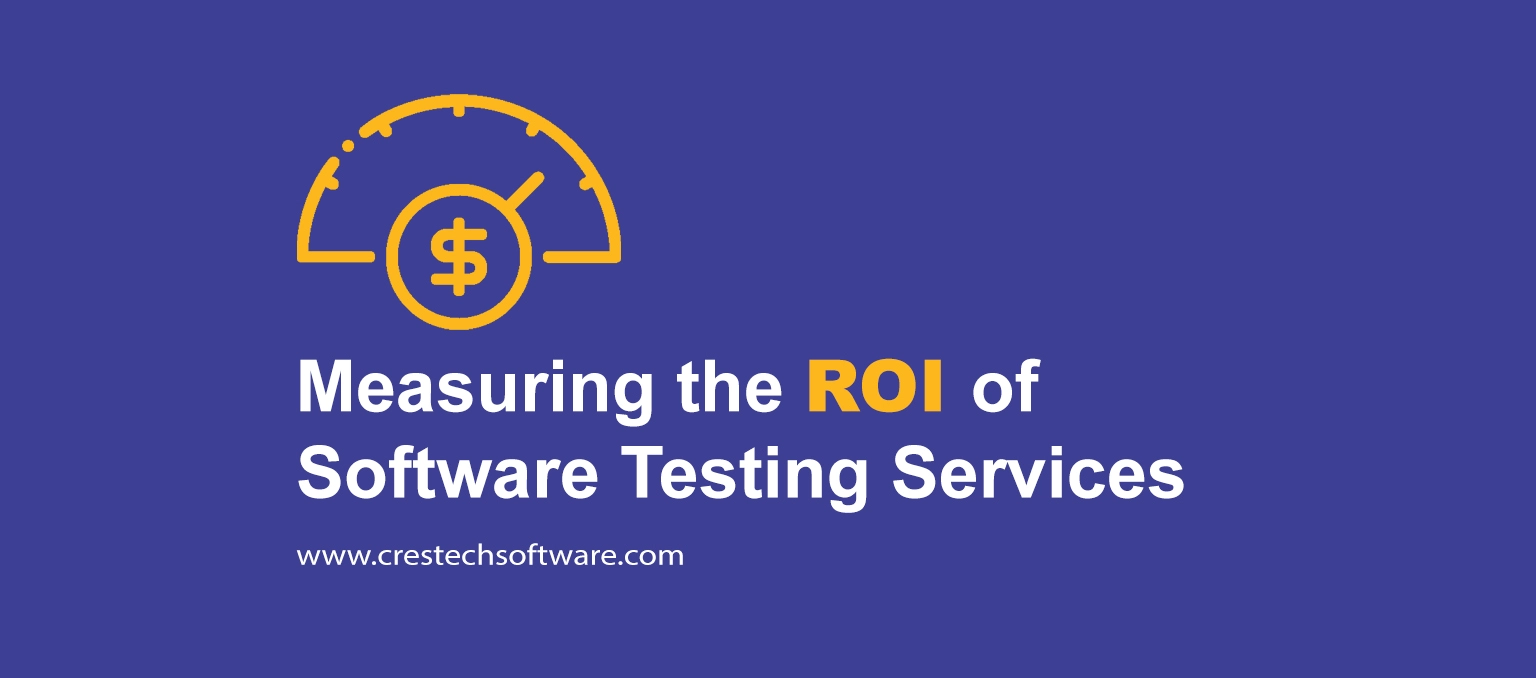When Japan’s Asahi Group — one of the world’s largest beverage manufacturers — was hit by a cyberattack this month, the ripple effects were immediate. Orders stopped. Shipments delayed. Customer service crippled.
For a global enterprise of Asahi’s scale, such an incident isn’t just an IT breach — it’s an ERP and business continuity failure worth millions. The event exposes a deeper truth most organizations ignore: ERP Quality Assurance (QA) is not just about software stability; it’s about enterprise resilience.
🔍 What Happened
Asahi confirmed a ransomware attack disrupted its order management, logistics, and customer support systems — all tethered to its ERP backbone.
One vulnerability created a domino effect across interconnected systems.
One weak link. Multiple system failures. Global disruption.
⚙️ The Real Lesson: ERP QA ≠ Functional Testing
1. QA is the foundation of business continuity.
Test automation must go beyond functional checks — validating failovers, data recovery, and business-critical workflows under stress.
2. Security and QA are inseparable.
ERP testing should validate that authorized users can perform their jobs — and unauthorized ones can’t. It’s not just about “does it work?” but “is it protected when it does?”
3. ERP integrations need resilience validation.
Enterprises rely on complex integrations across finance, supply chain, CRM, and analytics. QA must ensure that if one system is compromised, others degrade gracefully — not collapse.
4. Continuous QA saves minutes that save millions.
Automated monitors, self-healing test suites, and early anomaly detection are the difference between a quick recovery and a global outage.
🧠 How Crestech Builds ERP Resilience
At Crestech, ERP QA is business assurance — not checkbox testing.
Our QA automation frameworks for Dynamics 365, SAP, and Oracle ERP focus on:
- End-to-end resilience testing — ensuring continuity of business-critical processes like invoicing, order fulfillment, and reconciliation.
- Security-infused test automation — integrating vulnerability validation into regression cycles.
- Performance and stress testing — simulating real-world load and failure conditions.
- Monitoring & anomaly detection automation — to catch issues before they reach production.
Because in the modern ERP landscape, resilience isn’t optional — it’s engineered.
🗣️ Final Thought
Asahi’s $50M+ disruption is a wake-up call.
ERP resilience starts long before a cyberattack — during testing.


